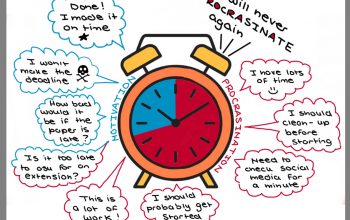Examining the consequences of “fast fashion”
Julia Dragos CONTRIBUTOR
Photo: Flare.
What does dressing up for school or work each morning represent for people? For many people, it is a sign of individuality or empowerment. However, one way that it is not looked at enough is as a job. I’m not talking about fashion week and magazine spreads, but the part of the process that goes unacknowledged. The part between the design sketch of a new collection to the point it ends up in your closet. The part of the process where underpaid factory workers are spending grueling hours in more than unsatisfactory work conditions.
Places like Zara have lately been the face of the latest struggle in this silent war on clothing and human rights. Over the last few months, factory workers for Zara were reportedly sewing tags into clothing items, fostering awareness about the unfair conditions and practices occurring as a result of the environment created by fast fashion as well as the insufficient record set for upholding human rights and standards.
This brings me back to the initial point around the role of clothing in our daily lives. Perhaps at an individual level it is nothing more than identity, empowerment, and culture. All of these aspects are very important at their own level, but as we have seen from the events surrounding Zara — and perhaps many more companies — there is more to it than that. It is a divisive line and a social struggle that divides people. And this line is blurred by operating on the desire to consume in order to feel a sense of belonging and individuality.
Dressing up every day should represent a symbol of identity, but this does not mean it has to adversely affect another’s human rights or the environment. Clothing can be authentic and representative of taste, while serving as a political and environmental statement grounded on sustainability and equality.
As conscious consumers, we need to change the narrative behind the clothing we own. This means using our voices to curb the consumer demands of these fast fashion companies and challenging the process of clothing manufacturing. Production can be challenged by refusing to endorse fast fashion companies and purchasing thrifted clothing or supporting companies who use materials that are sustainable for the environment while also maintaining human rights. We can intervene as consumers by being wary of the marketing of clothes that urge you to buy more, and more often.
While these alternatives may seem daunting or redundant in the face of such a large industry, it all starts with an exercise in challenging the “taken-for-granted” or normalized things in our lives. With the advance of globalization, even the most seemingly mundane activities such as dressing up in the morning are becoming increasingly consequential. Nowadays a shirt should no longer simply be a garment because, as the factory workers in the Zara scandal have demonstrated, it now represents someone’s political and social struggle in a system that is consistently denying them what many of us take for granted.
-Julia is in third year, majoring in sociology and double minoring in classics and English. Whenever she’s not buried in books, you can catch her at a shoreline clean-up!




